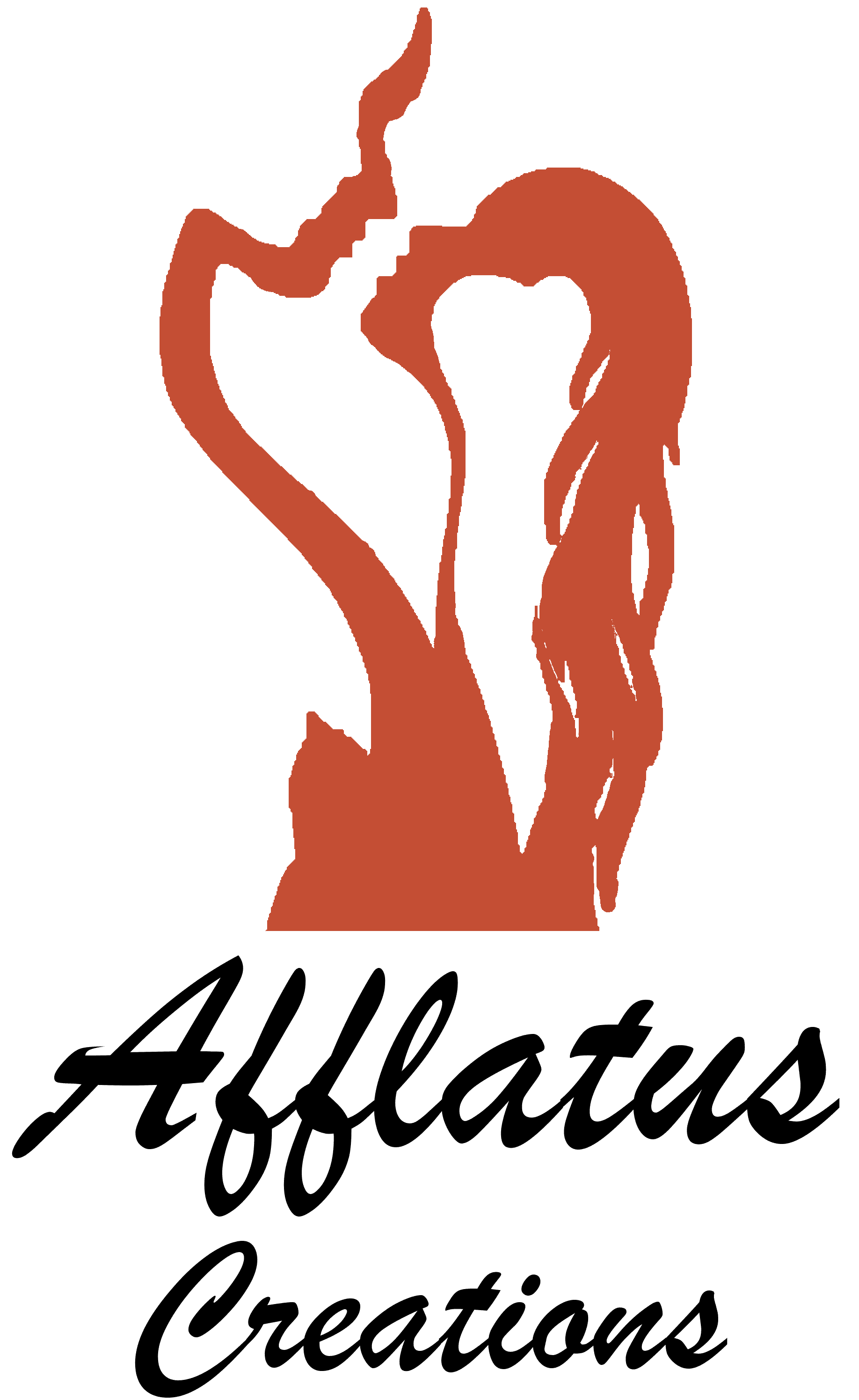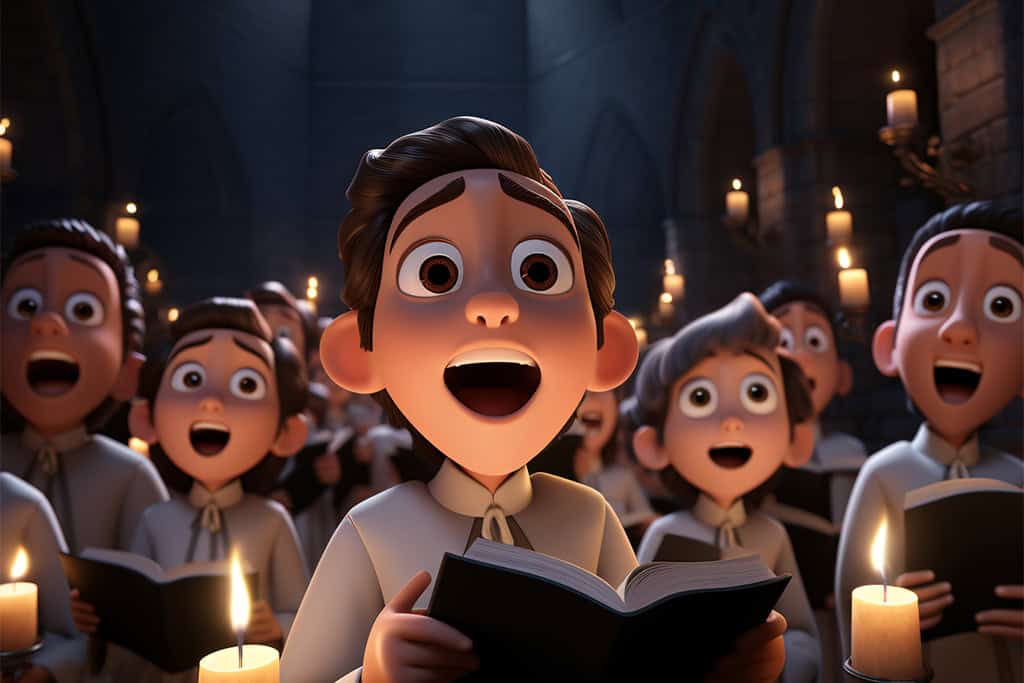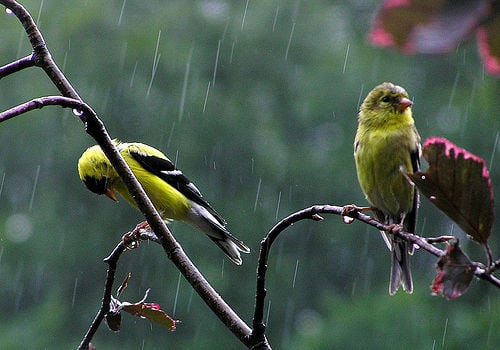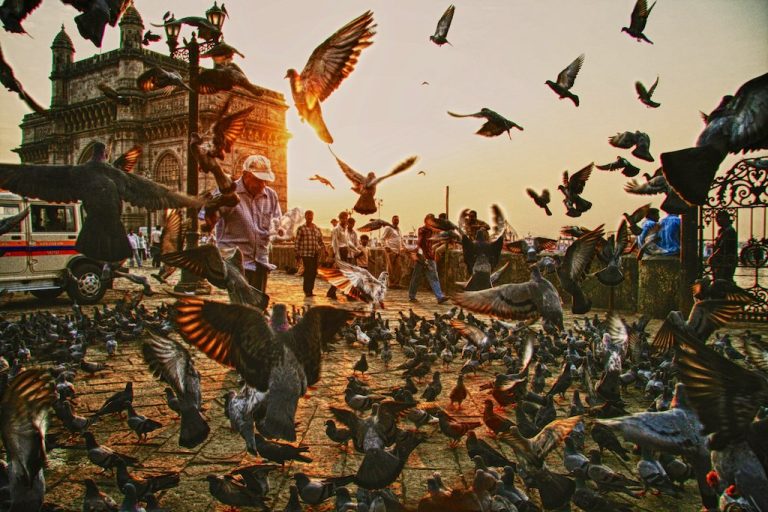Praise Song For My Children
by Patricia Jabbeh Wesley (Autumn House Press, Pittsburgh, USA) Price: $18.95
Reviewed by Neil Leadbeater
Patricia Jabbeh Wesley is the author of five collections of poetry: When the Wanderers
Come Home, Where the Road Turns, The River Is Rising, Becoming Ebony and Before the
Palm Could Bloom: Poems of Africa. Her poems have appeared in numerous magazines
including Harvard Review, Transition Magazine and Prairie Schooner. Her work has been
translated into Italian, Spanish and Finnish. She teaches creative writing and African
literature at Penn State University in Altoona, Pennsylvania, where she lives with her family.
The full title of this latest publication is Praise Song For My Children: New and Selected
Poems. This substantial volume includes a generous number of new poems and a good
selection from Wesley’s previous five books of poetry. The most recent poems, written
between 2017 and 2019 appear first and then the remainder of the book is set out in
chronological sequence of book publication going back in time from 2016 to 1998. A useful
glossary is included at the end. The collection is available in paperback and also as an e-book.
Wesley is a survivor. She is a survivor of war, the first and second Liberian Civil Wars
(1989-1996 and 1997 – 2003), and she is also a survivor of cancer, a Grebo from Maryland
County, Southeastern Liberia and an internationally celebrated poet.
In conversation with Nvasekie N Konneh, Wesley sums up the substance of much of the
thematic material that informs her poetry: “I have written much and still do write about the
Liberian experience of the civil war, the massacres our people experienced, the suffering I
saw, the death of children, the use of children as soldiers, the destruction of our country and
more. I also write about my family, my children, bringing up children, living in the Diaspora,
the difficulty of being uprooted from my homeland, etc…”
Reading her narratives, we learn much about the customs and traditions of the Grebo people,
an ethnic, linguistic and cultural grouping who live in Liberia, West Africa. Of particular
significance is the repeated mention of the kola nut, which is a symbol of life and peace.
Three places feature prominently in her writings: Monrovia, the capital of Liberia, Harper,
the capital of Maryland County in Liberia, and Gbolobo, a town noted for the Gbolobo War
with the Liberian government in the 1900s during the Kru resistance. We learn the Grebo
words for different family members; specific ritual dances, often war dances, chants and
dirges associated with the Grebo peoples; praise names and items of clothing. Traditions of
mourning are often referred to or written about, especially the Mat ceremony when a large
mat or several mats is spread out for mourners to sit on to celebrate and mourn the dead, the
Mat representing a symbolic place to empty all grief prior to burial.
Most of the poems follow some kind of narrative, are immediately accessible and are
conversational in tone. Stylistically, they have a declamatory air about them. Thematically,
they often portray the strength of womanhood, resilience and endurance in a time of
unbearable suffering. War and the memory of war dominate this book and Wesley’s poems
often take the form of lamentations, dirges and elegies for the fallen. There are poems on
birth and death, ageing and regret, all those significant moments in a person’s life which
Wesley handles so empathetically. It is in these poems that Wesley finds her true lyrical
voice.
Despite the horror and futility of war and the unbearable grief of losing loved ones, there is
always hope to be found in Wesley’s poetry. In ‘One of These Days’ she writes:
One of these days
there will be rejoicing
all over the place.
There will be so much shouting,
so much wailing,
so much dancing.
There’s going to be
such dancing
as we’ve never before seen
in Monrovia.
There’s going to be a day
like that, I say,
and there’s no one
who will be able to stop us.
In other poems, such as ‘When I Get to Heaven’ this hope translates itself into unabashed joy:
When I get to heaven
I’m going to shout hallelujah all over the place.
Dancing the Dorklor, the Wahyee,
the Ballet, the Rock and Roll.
I’ll dance the Brake, the Rap, Hip Hop.
All the dances only sinners have danced.
I’ll sing Opera, the African way,
dance the Ballet the African way.
Reading these poems, I can see now why she chose to place her poems in reverse order: it is
because, despite everything, we end on a triumphant, even defiant, note. Wesley is a poet
with a big heart. She has a love for the whole wide world and that love demands to be heard.




